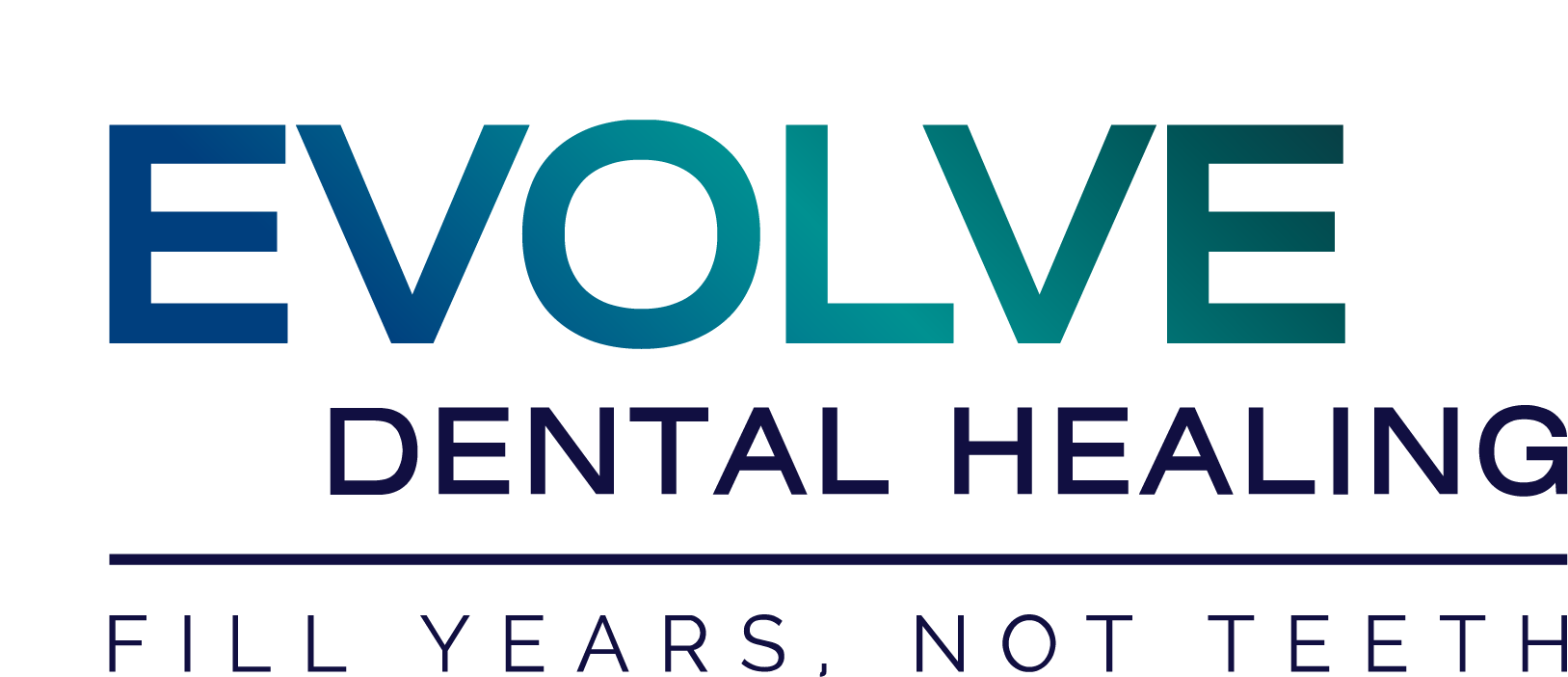Vitamin D and Dental Health

What You Need To Know About Vitamin D
Most people, when asked about Vitamin D, know that it has something to do with bones and calcium but guess what Vitamin D does so much more than that. Vitamin D has a crucial role in dental health.
What Is Vitamin D?
Vitamin D is both a vitamin and a hormone whose primary role is to increase the absorption of calcium from dietary sources and increase the strength of bone.
Vitamin D is formed in the skin by the action of UV light.
Precursors of vitamin D in the skin are converted into a weak form of vitamin D3, which is then transported to the liver and kidneys where enzymes convert it to the more potent form of vitamin D3.
Sun Exposure for Vitamin D
Darker-skinned people require more sun exposure to produce vitamin D because the thickness of the skin layer affects the absorption of UV radiation.
Heavily pigmented skin is thicker than white skin and therefore transmits only about 40% of the UV rays needed for vitamin D production.
The increased use of sunscreens and reduced time spent outdoors has dramatically reduced vitamin D levels for most people.
Vitamin D can only be stored in the body for 60 days before more is needed.
The elderly and other people with minimal sun exposure are predisposed to vitamin D deficiency.
Pain on brushing or pulling the hair is a symptom of vitamin D deficiency as can be bone pain, head sweating and aching teeth.
How Much Vitamin D Do I Need To Improve My Dental Health
The recommended daily allowance (RDA) for vitamin D is 400 IU and is the dose needed to prevent the bone disease rickets.
It is not the dose for optimal health. Much higher doses are safe, particularly with research showing sun exposure for 20 minutes elevates levels to 10 to 25,000 IU’s.
The therapeutic dose of vitamin D for each person varies from anywhere between 1000 to 10,000 IU’s.
It has been calculated that in the US, regular sun exposure causes 2000 deaths/year but prevents 138,000 deaths/year. (So I know which risk I’m willing to take.)
The Association of Cancer Councils of Australia has recently acknowledged the importance of Vitamin D with a move away from advising to avoid sun exposure, stating that “A balance is required between avoiding an increase in the risk of skin cancer and achieving enough ultraviolet radiation exposure to achieve adequate vitamin D levels.”
Low levels of vitamin D are associated with:
- Osteoporosis – vitamin D strengthens bones. Vitamin D supplementation at 700 to 800 IU per day reduces the risk of hip or non-vertebral fracture in the elderly by 25% compared to those taking calcium alone or placebo.
- Cardiovascular disease – Evidence that adequate levels of vitamin D are critical for the health of the cardiovascular system is profound. Studies found that the further a person lives from the equator, the higher their risk of a heart attack and that patients suffering a heart attack had lower levels of vitamin D than those not having a heart attack. Also, heart attacks increase by 53% during sun-deprived winter months compared to summer. This does not occur in countries where winter gets as much fun as summer. Also, low levels of vitamin D are associated with congestive heart failure. As vitamin D deficiency is associated with osteoporosis and heart disease then patients with osteoporosis should have an increased risk of heart attacks and this is what was found as research shows women with osteoporosis had a 4x increased risk of heart attacks. Of note women with osteoporosis have high calcium scores on CT scans of their coronary arteries (calcium building up in the arteries stiffens them) and this is another reason why women at risk of osteoporosis should not take calcium supplements alone as when taken in this form the calcium is deposited in their arteries and not in bones.
- Hypertension – vitamin D is involved in the regulation of blood calcium levels which in turn help regulate blood pressure. Low vitamin D levels were associated with higher rates of high blood pressure, diabetes and elevated triglycerides.
- Type I diabetes – vitamin D may be able to reduce the immune response which attacks the pancreas. In studies, those who received vitamin D had an 80% reduced risk of developing type 1 diabetes.
- Type II diabetes – vitamin D reduces insulin resistance, people with diabetes were twice as likely to be severely deficient in vitamin D.
- Inflammatory bowel disease – low vitamin D levels have been associated with worsening of the condition. Colitis also decreases the absorption of dietary vitamin D, thereby increasing the risk of the other diseases listed here.
- Poor lung function – research has suggested a link between low levels of vitamin D and poor lung function.
- Cancer – research has found an almost linear relationship between vitamin D levels and the risk of at least 16 different cancers, including breast cancer. The higher the vitamin D level, the lower the risk of cancer. Vitamin D controls the production of vital proteins by switching genes on and off. This determines the fate of cells- they can be made to stop growing and reproducing. Consequently, vitamin D can prevent the uncontrolled growth of cancer cells.
- Low mood and cognitive decline – low levels of vitamin D are associated with low mood and cognitive performance in elderly adults.
- Tuberculosis – a recent study has shown that vitamin D is the key substance the body uses to fight tuberculosis. White blood cells convert vitamin D into a form that can kill the bacteria. In a second study, vitamin D over several months was used to treat patients with tuberculosis giving a 100% cure rate.
- Chronic fungal infections– vitamin D counteracts fungal toxins.
- Muscle weakness
- Multiple sclerosis.
- Psoriasis.
Vitamin D and Dental HealthVitamin D plays and important role in dental health.
Children receiving Vitamin D supplements have a lower number of dental cavities
There is a strong association between low Vitamin D levels and increased periodontal disease.
Elderly patients with low Vitamin D levels have a higher rate of tooth loss than those with high Vitamin D levels.
There is strong evidence for a relationship between Vitamin D deficiency and dental cavities. Vitamin D supplementation can improve dental health.
Several studies were conducted in the 1930s and 1940s and the majority concluded that supplementing children with Vitamin D prevented cavities.
In 1941 another study demonstrated the preventative effects against cavities of what at the time were thought to be massive doses of Vitamin D.
More recently studies have shown an association between vitamin D levels and periodontal disease and tooth loss.
In one study of 145 adults that was originally designed to determine the effect of Vitamin D on bone loss, demonstrated supplementation was linked to a reduction in tooth loss in men and women over the age of 65.
The patients were given supplements of 1000mg of calcium and 400-600IU of Vitamin D. Over the three year period of the study 27% of the subjects taking placebo lost one or more teeth compared to just 13% of those taking the supplements.
Unfortunately, the dose used was far too low to achieve the maximum benefit possible.
In another study of 11000 subjects published in the American Journal of Clinical Nutrition is was demonstrated that in men and women over the age of 50 low Vitamin D levels were associated with more tooth loss than those with high vitamin D levels. Those with low Vitamin D levels had 23-27% more tooth loss than those in the highest range. Despite these findings, the importance of vitamin D is rarely mentioned in dentistry.
Dental Health and Vitamin D
To ensure you are getting enough Vitamin D and improve your dental health as well as avoid Vitamin D deficiency try to get at least 30 minutes of sunshine per day at times of low UV light levels. Get your vitamin D levels checked occasionally. If your levels are less than 100 nmol/l, take vitamin D3 1000 IU as a supplement. Vitamin D toxicity does not occur unless vitamin D intake exceeds 10,000IU/day or blood levels exceed 200nmol/l.
-
Dr. Rachel Hall
Rachel is the founder and principal dentist at Evolve Dental Healing with over 30 years experience, practising holistically since 2001. Not your typical dentist, Rachel is a passionate opinion leader, challenging convention to empower people to make better dental and health choices, helping thousands to have healthy natural smiles. A respected writer and presenter on holistic dentistry, health and wellness it is Rachel’s mission to revolutionise the way people look at their dental health.
Talk to us for more details and information
CONTACT US
67 Kenmore Road
Kenmore Queensland 4069
Phone: 07 3720 1811
Fax: 07 3720 1899
Email: info@evolvedental.com.au
OPENING HOURS
Monday – Friday: 7:30am – 5:30pm
References and Citations Mercury & Amalgam Fillings




